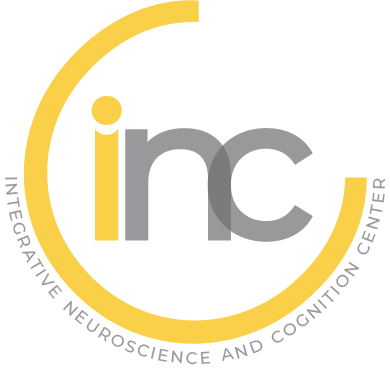Speaker
-
Sergiu T. PopescuDr. at Czech Technical University, Prague
Talk by Dr. Sergiu T. Popescu
This presentation introduces the research program of Humanoid Developmental Robotics, which employs a synthetic, embodied approach to study early sensorimotor development. We begin by presenting methods for extracting infant spontaneous movements from 2D and 3D video recordings, enabling detailed analysis of motor patterns in early life. By replaying these movements on humanoid robots, we create testable models of sensorimotor control and explore how embodiment shapes behavior. We illustrate this approach with examples from analyses of infant behavior in the mobile paradigm and the non-nutritive sucking paradigm—two classic frameworks for studying early learning and adaptation. Particular attention is given to self-touch behaviors, which are both abundant and structured in infancy, raising questions about their developmental function and role in body awareness. Finally, we connect these findings with adult tactile localization experiments, highlighting continuities and transformations in sensorimotor processing across development. Our aim is to provide new tools and perspectives for understanding the origins of perception and action. Together, these approaches bridge developmental psychology, robotics, and neuroscience, shedding light on the principles of embodied cognition from early life.
